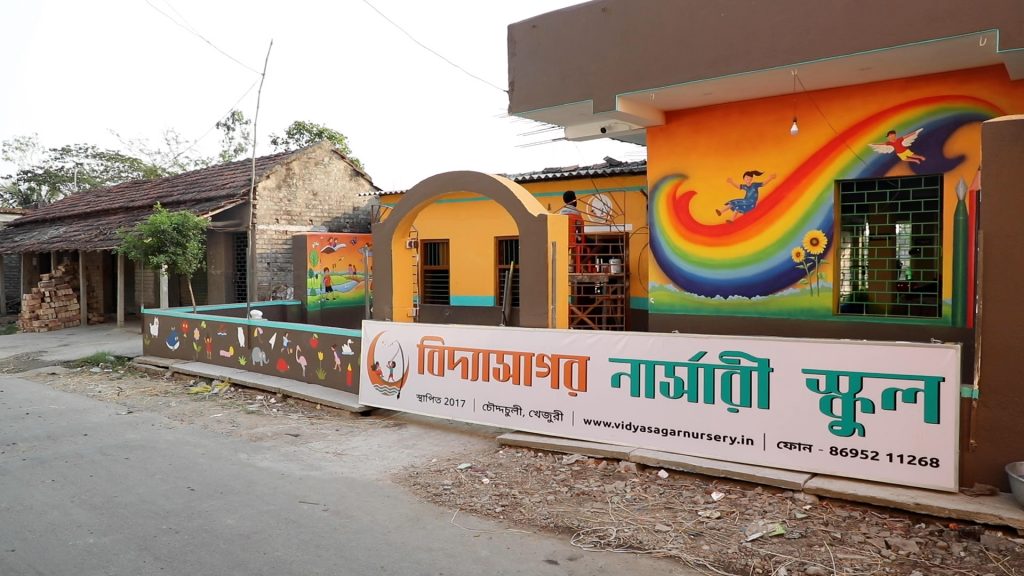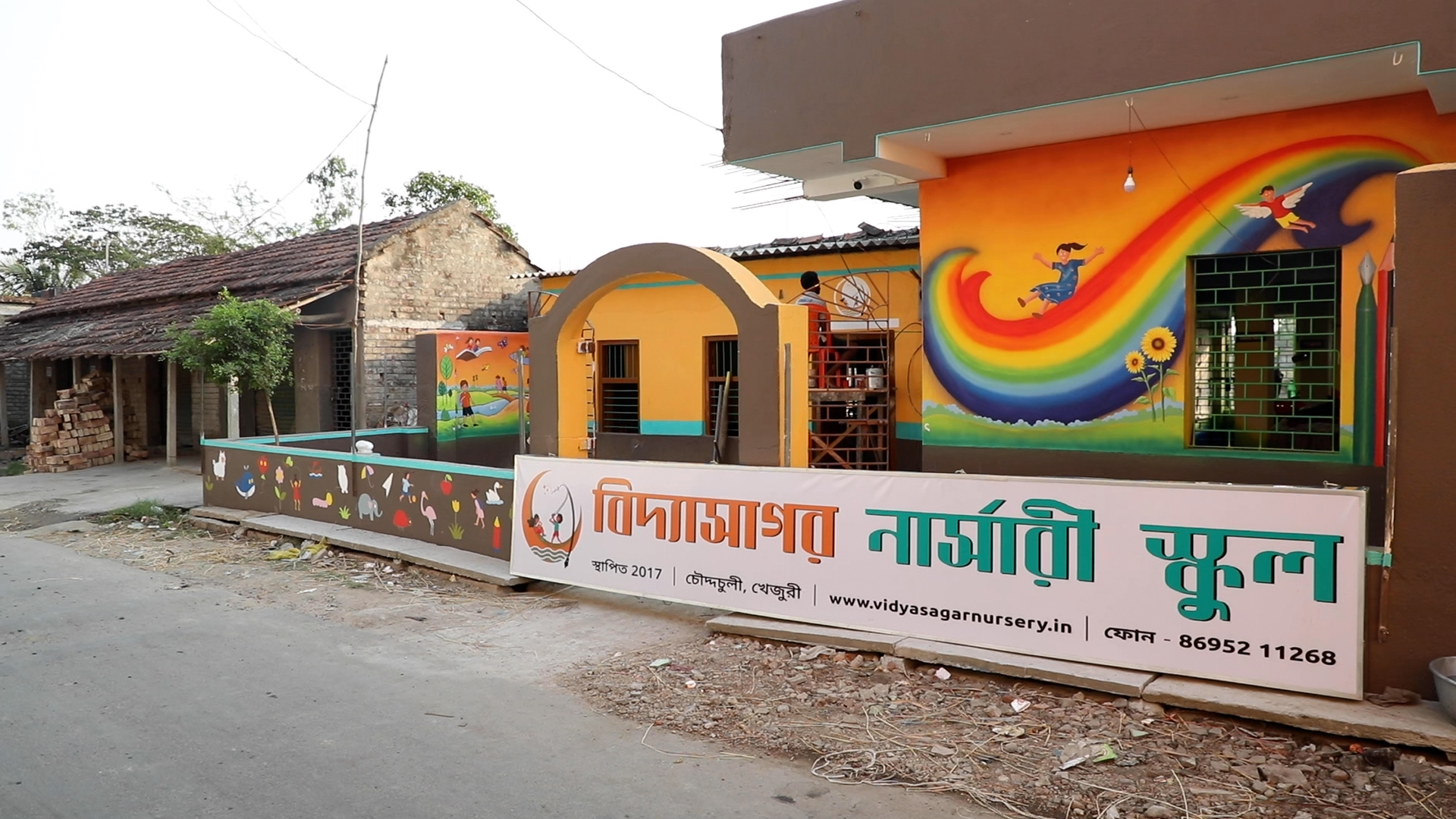
August 4, 2020 / Early Childhood Education
Establishing the Credo
One of the important milestones in our transformation journey at Vidyasagar Nursery was reached when we successfully proposed drafting a constitution document for the school. This document would encapsulate the school’s belief system. The idea was received with a lot of enthusiasm.
Instead of framing rules and regulations, we challenged the existing team to first articulate their values. It was a tough task for all. Rule drafting came easy for the leadership, but in the absence of any vision, everyone was at a loss of words and ideas. Our foundation then helped draft the V1.0 of the constitution document by interviewing different stakeholders to gather insights. We also contextualized the ideas keeping in mind the local culture and then presented the same back to the committee, for review.
Takeaway – A detailed vision document helped build consensus on what the school stood for. The committee deliberated on some points before generally agreeing on adopting the same. Salient parts of the constitution document were then incorporated in the school diary. We believe this documentation will safeguard the school in the future from the vagaries of individual opinion leaders, who are likely to play spoilsport and challenge future administrative decisions of the committee.




For those interested, the key themes of the belief system now adopted by the nursery school are as follows:
(A) We believe in the idea of united by diversity in India. As a country of 1.3 billion people from diverse communities with 21 official languages and over 100 festivals in a year, we want to inculcate the value of ‘appreciating diversity’ and ‘tolerance for all’. When viewed through the prism of local communities around our village, we would like our children to exhibit such values towards all.
(B) We believe in the idea of Dignity for all. Irrespective of a person’s professional or economic status, we will treat everyone with respect. We will also teach our students to show equal respect for all, irrespective of the socio-economic backgrounds they or their peers come from.
(C) We believe in the idea of sharing what we have with others. Our limited resources will go towards funding teachers equally for their contribution to the cause. Children who can afford better means of books, food, dress, etc will be encouraged to develop the values of sharing. Parents will be encouraged to share what they can spare with deprived families.
(D) We believe in the idea of ‘equal opportunity for all. We will never discriminate admission to a student or opportunity for a local community member to become a teacher, because of their socio-economic background, or caste/community they belong to. For students who are weak and fall behind on development milestones, we will never discriminate on basis of performance; rather encourage teachers to provide additional time and supplemental aids to help catch-up.
(E) We believe in the idea of building the school like a democratic institution. It is not about realizing any one individual’s vision or charter of development. As far as possible, all policy matters of the school will be finalized by the managing committee after discussion amongst relevant stakeholders and building consensus by the active participation of teachers. Donors will be encouraged to submit ideas and participate in the decision-making process too.
(F) We will put a premium on child safety while designing our school operations. Safety first will always be our motto when planning for any initiatives related to children and teachers.
(G) We believe children should have the right to self-expression in school, the right to always dream, the right to happiness in life, and to enjoy school without fear. Our classroom management policies and teacher-student interaction style will be designed and monitored keeping such values in mind.
(H) We believe that our school is a collectively built institution for the specific goal of developing the local community, and this will be nurtured by volunteer time and charities of different individuals and organizations. While we will acknowledge everybody’s help, we will do it with moderation and ensure that the ‘institution’ remains on the highest pedestal. The naming of scholarships funds, infrastructure facilities, etc will be the final decision of the managing committee. Wherever possible the methods adopted should not be overbearing on the psyche of teachers and students, who must continue to treat this place as their very own.
(I) India has a long tradition of Vedic education that ensures the development of physical, moral, spiritual, and intellectual powers. Much emphasis was laid on attention, concentration, and yoga. The effort in traditional gurukuls was to lift self above everything through these methods. We subscribe to such values and wherever possible seek inspiration from the documented methods while designing modern curriculum. In a nutshell, we will be rooted in our traditions but take the leap of imagination and modernity while helping build the children of the future.
(J) We will be sensitive to the cultural and religious preferences of our local community and adopt only those celebrations that make sense to the majority. While there will be no discrimination based on religion for admission to anyone (student, teacher, and volunteers), the managing committee will have the sole and final say on the list of religious and other personality-related festivals to be organized in the school. Donors should not be allowed to influence this decision.
